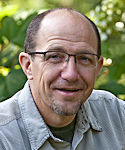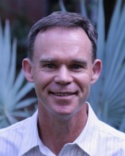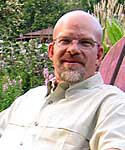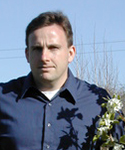

John Erwin
Professor & Chair
Plant Science & Landscape Architecture
University of Maryland
612-624-9703
jerwin@umd.edu
My primary research activities advance understanding of temperature effects on flowering and photosynthesis to increase high and/or low-temperature tolerance. My research also focuses on how to increase natural plant defenses to decrease pesticide use. Short term efforts focus on controlling plants flowering, identifying ways to reduce inputs or energy, and identifying new heat or drought-tolerant ornamental plants. Taken together, my research aims to enhance temperature tolerance, reduce chemical and pesticide application, identify new floriculture products, and reduce production inputs to allow local growers to compete effectively in a worldwide market.

James Faust
Associate Professor
Department of Horticulture Clemson University
E-143 Poole Agricultural Center
Clemson, SC 29631
864-656-4966
jfaust@clemson.edu
My research focuses on developing solutions for floriculture crop production problems. Current areas of research projects include: Stock plant and cutting production, postharvest physiology of unrooted cuttings, propagation physiology, and mist control strategies; Poinsettia growth and flowering; Environmental physiology of flowering plants, including the effects of temperature and light on crop growth and development; Programming the growth and development of herbaceous flowering plants.












